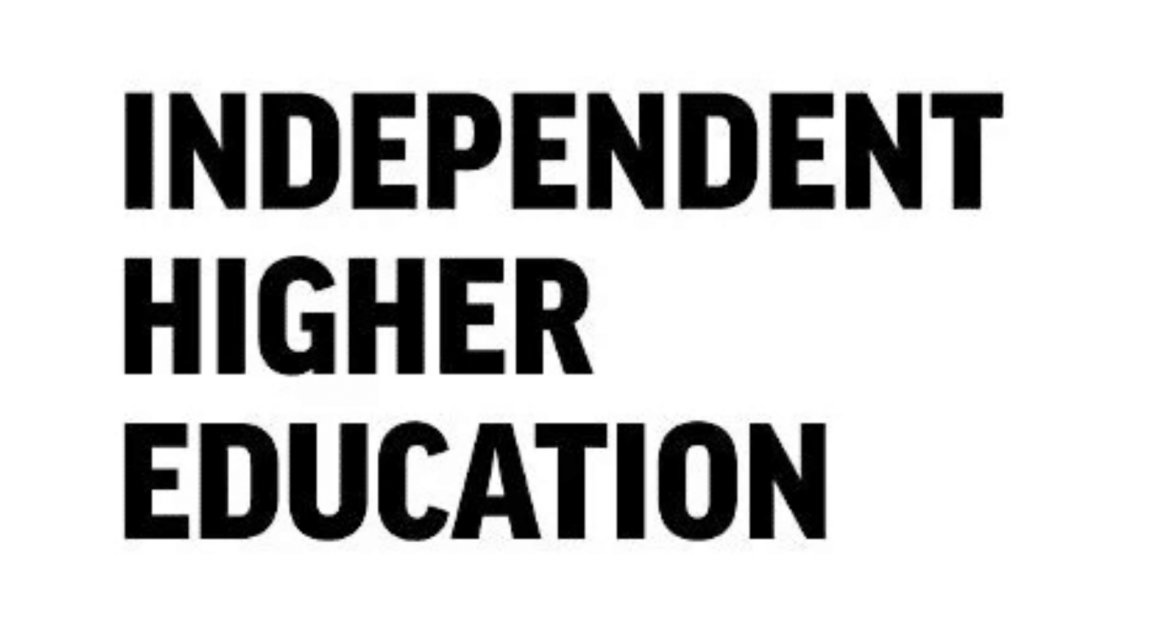On Tuesday the 26th of November 2024, jobs.ac.uk is exhibiting at the Independent Higher Education annual conference. We are excited to connect with higher education providers as they navigate a comprehensive programme of panel discussions, breakout sessions and keynote speakers.
Independent Higher Education (IHE) is the “fastest growing representative body for higher education in the UK and the champion of new providers, specialist institutions and higher education SMEs”. They provide support through networking events and forums, consultancy for new providers starting out, and are a voice for providers in research and policy.
This year’s conference focuses on the new Labour government’s impact and policies, future opportunities for the sector, and insights and debates from sector experts and professionals.
“We are eagerly anticipating exhibiting at the upcoming IHE annual conference in London. We look forward to showcasing how jobs.ac.uk can support you in advertising, strengthening your employer brand, and finding the ideal candidates for roles in research, academia, and professional services.” – Jeremy Pointer and Emily Lea, jobs.ac.uk Business Development Managers.
Contact enquiries@jobs.ac.uk to discuss your advertising needs and create a bespoke recruitment campaign.


Share your comments and feedback